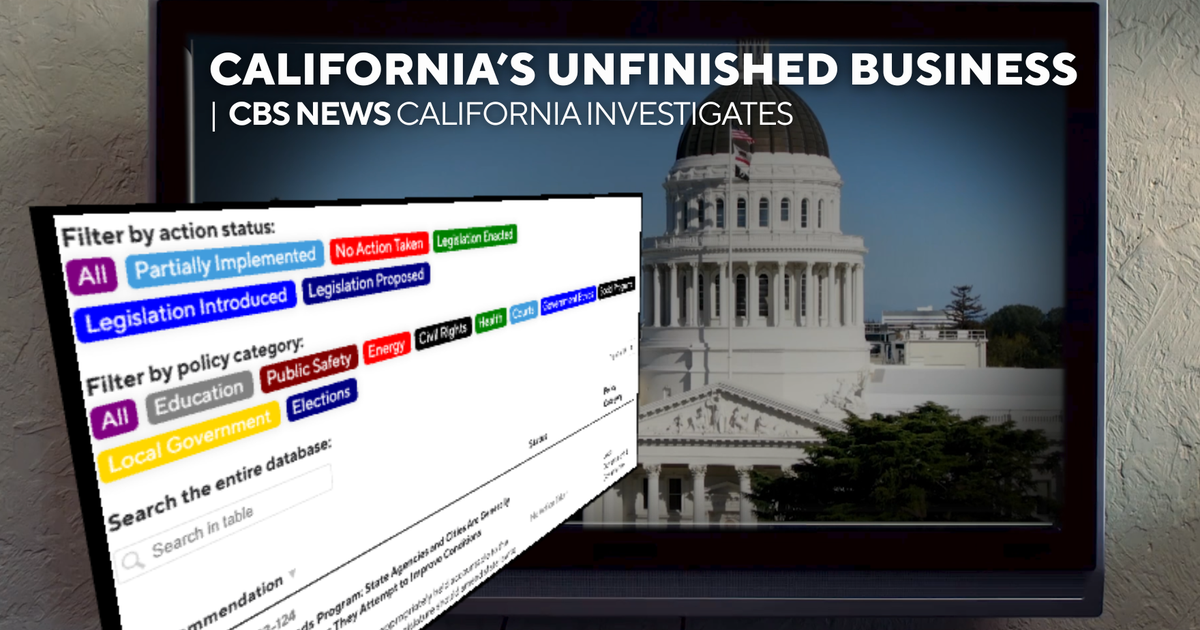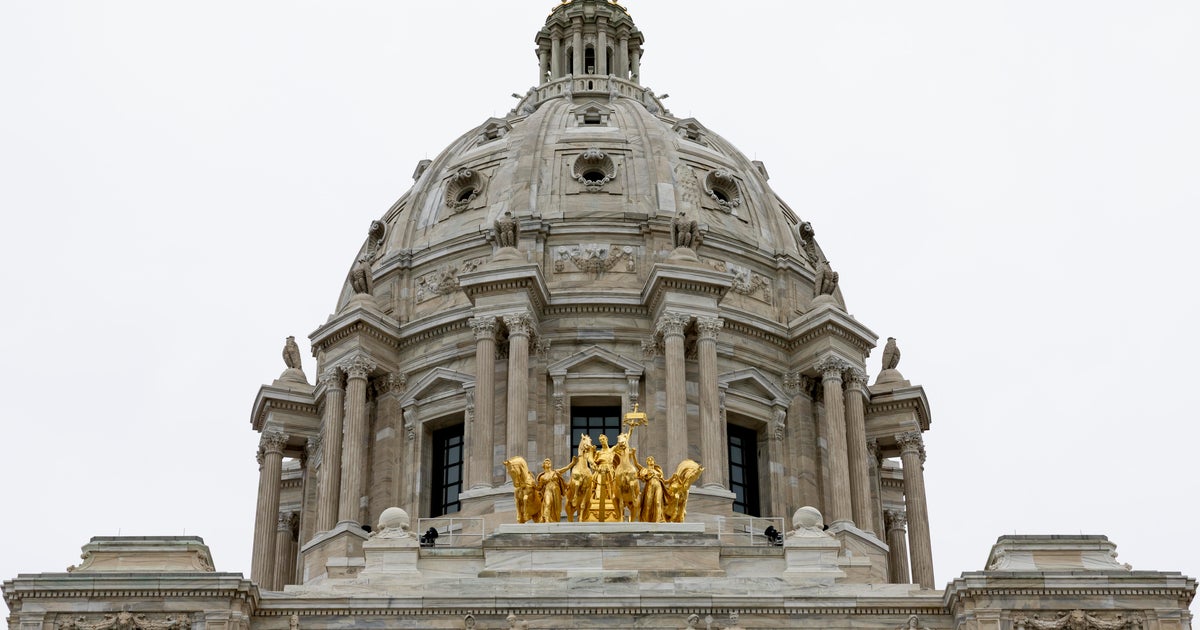Obama Administration Defends California High-Speed Rail
WASHINGTON (CBS / AP) -- Transportation Secretary Ray LaHood strongly defended the federal government's nearly $4 billion investment in high-speed rail in California, even as growing expenses and a longer timeline for completion have raised doubts in Congress.
During a congressional hearing Tuesday, LaHood acknowledged that the project will be expensive, with current estimates putting the cost at nearly $100 billion over 20 years. Still, LaHood called the project essential.
"We won't be dissuaded by the naysayers and the critics," LaHood said.
Rep. John Mica, the Republican chairman of the House Transportation and Infrastructure Committee, said California once represented the nation's best hope for developing high-speed rail, but he was concerned the project was in disarray.
When state voters approved bond funding for high-speed rail in 2008, initial cost estimates came in at $43 billion. But a new business plan released last month more than doubled that estimate.
As part of the economic stimulus legislation that Congress passed in 2009, lawmakers set aside about $8 billion for high-speed rail projects around the country. Some Republican lawmakers opined that the money was spread too thin and that it would have been better to tighten the focus.
In particular, some GOP lawmakers said it made the most sense to focus in the Northeast where the population density is higher than anywhere else in the nation and where high-speed rail could tie into already existing commuter rail systems.
"If we're really serious, find one place, do it right and then take it to other corridors," said Rep. Bill Shuster, R-Penn.
LaHood chafed at the recommendation.
"We won't just invest every dollar in one part of the country. It's just not fair," LaHood said.
LaHood acknowledged that many details are unknown about where states and communities will come up with the money they need to bring high-speed rail projects to completion. He said that when President Dwight Eisenhower embarked on a national interstate system, not every route had been mapped and not every cost estimate had been completed. He said other nations such as China are spending enormously on high-speed rail.
"We used to be the leader, if we don't catch up here pretty quick, we're going to be in second place," LaHood said.
Rep. Jeff Denham, a Republican from California, tried to pin down LaHood on where the money will come from to pay for the California high-speed rail system, which would extend from the Bay Area to Los Angeles and Anaheim. He said support has faded because of the lack of specifics about who will put up the tens of billions of dollars that will be needed to complete construction.
Without identifying them, LaHood said there were private investors who are interested in helping fund high-speed rail. He promised to give Denham more specifics, but did not do so at the hearing.
"It's going to take private investment. There's no doubt about that," LaHood said.
Shuster said he did not believe that the California project was viable. He also urged the administration to focus more on improving rail connecting Los Angeles to San Diego rather than from Los Angeles to San Francisco.
LaHood replied that the shape of the proposed high-speed route came from people in California who had been working on the project for 15 years.
"We're doing what the people want," LaHood said.
But Denham noted that recent polling in California has shown changing sentiment. In 2008, voters supported nearly $9 billion in bond funding for high-speed rail. But a new Field Poll found that nearly two-thirds of registered California voters now support putting the high-speed rail bonds they approved back on the ballot.
"They want their money back," Denham told LaHood.
The committee's hearing on Tuesday was broadly focused to discuss lessons learned about the Obama administration's high-speed rail program. A hearing focused strictly on California's proposal is scheduled for next week.
(Copyright 2011 by CBS San Francisco. All Rights Reserved. This material may not be published, broadcast, rewritten, or redistributed.)







